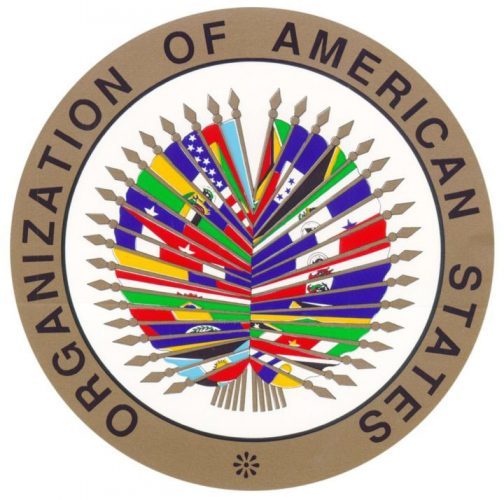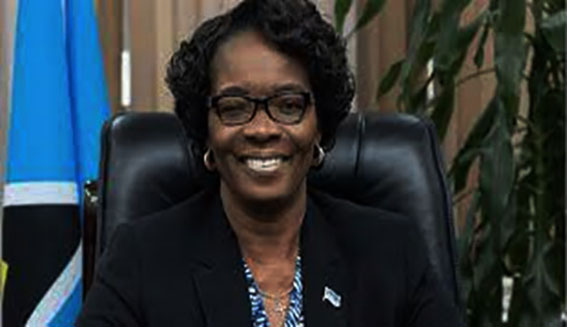A recent Associated Press report on issues affecting the Caribbean is focusing the attention of the media agency’s reportage on a likely critical shift in the foreign policy of the Caribbean against the backdrop of Hurricane Beryl and its impact on the region.
While both the affected countries and their physically unaffected Caribbean Community (CARICOM) counterparts have targeted region-wide support for regional repairs to the damage inflicted on the affected countries by the hurricane, the recent Associated Press report pays decidedly more attention to longer-term solutions to the annual hurricane threat, which the region has to endure, and how to address issues that speaks to a response that sidelines simply repairing the damage.
 Back in July, after Beryl had struck and left the region reeling, the Organization of American States (OAS) an international organization founded to examine and contribute to seeking out solutions to the socio-economic challenges of Latin America and the Caribbean ‘intervened,’ its focus being to spearhead a search for remedies that went beyond simply ‘picking up the pieces.’
Back in July, after Beryl had struck and left the region reeling, the Organization of American States (OAS) an international organization founded to examine and contribute to seeking out solutions to the socio-economic challenges of Latin America and the Caribbean ‘intervened,’ its focus being to spearhead a search for remedies that went beyond simply ‘picking up the pieces.’
Rather than going down the road of seeking out immediate-term remedial handouts, regional officials assembled in San Juan, Puerto Rico, called on developed countries to provide more generous access to funding to tackle climate change, widely believed to be the root cause of destructive weather systems that periodically assails the region. The request was reportedly amplified at an OAS meeting in where Washington, D.C., officials were reportedly told that Beryl had exposed the vulnerability of the Island States of the Caribbean to levels of devastation that could, in extreme instances, threaten their very viability as nation-states.
Up until now, the response of the Caribbean to annual bouts of what, sometimes, has been devastatingly hostile weather, has been, as a whole to take action to repair the damage inflicted by the storms. Some of the issues that have arisen over the years as the intensity of the hurricanes became greater has to do with just how much longer, the Caribbean, a region comprising mostly of a group of underdeveloped countries, can bear the costs associated with hurricanes on their own.
 The thought behind what appears to be a move by affected countries to place the annual storms on the global climate change agenda derives from the contention that climate change and its consequences, including the devastating storms that hit the Caribbean, are largely a function of negative environmental interventions arising out of the indiscretions of developed countries.
The thought behind what appears to be a move by affected countries to place the annual storms on the global climate change agenda derives from the contention that climate change and its consequences, including the devastating storms that hit the Caribbean, are largely a function of negative environmental interventions arising out of the indiscretions of developed countries.
In calling, one delegate from the Caribbean at the recent OAS gathering on Washington, St Lucia Cabinet Minister Virginia Albert-Poyette reportedly noted that it was the Caribbean that was “on the front line” when it comes to the consequences of weather-related anomalies. She reportedly put to the forum that climate financing be made more available and that financial institutions include special disaster clauses in their policy frameworks.









